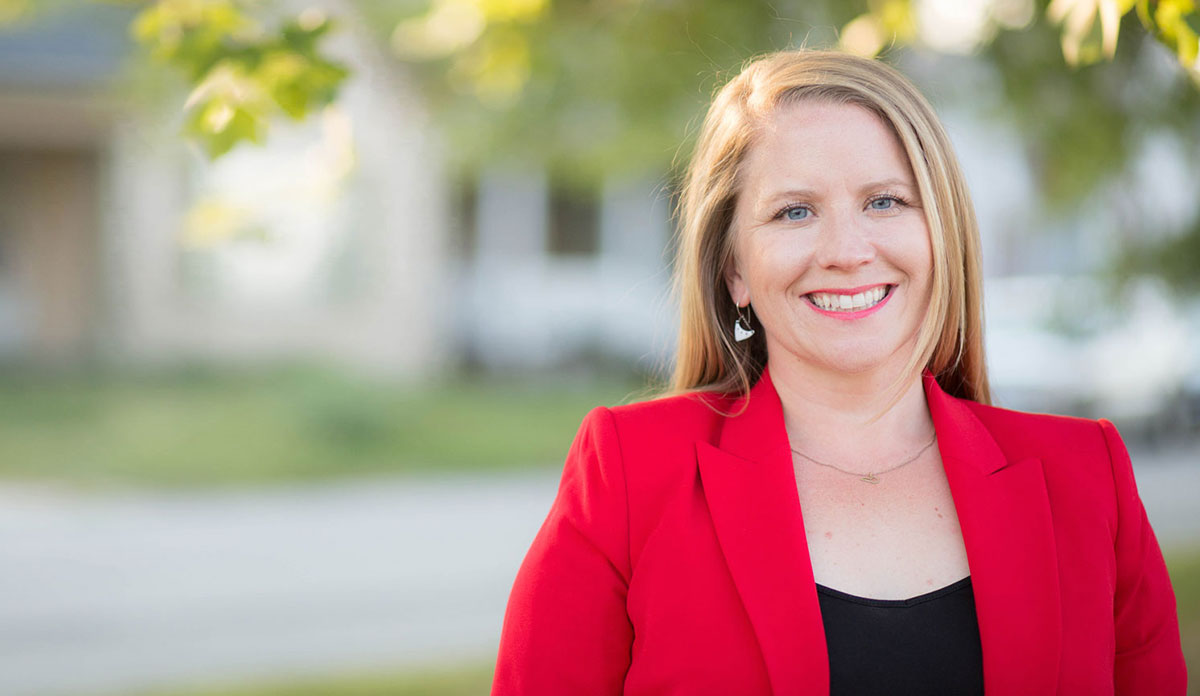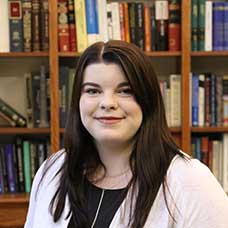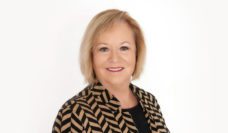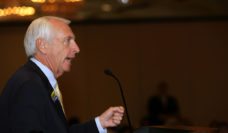In 2016, Brandi Harless was elected mayor of the city of Paducah, Kentucky. Paducah lies along the Ohio River and has a population of over 25,000 people. She has been in office for just over a year. Before Harless, who earned her master’s degree in public health in 2009 from Boston University, was elected, she worked in Sierra Leone, in Washington D.C. for the international firm Management Sciences for Health, and in Haiti. She recently sat down for an interview with Public Health Post to talk about how her global health work influenced the initiatives she is now working on in Paducah.
While at Boston University, Harless studied global health, taking a wide variety of courses that covered everything from human rights law to program implementation. She stresses the importance her education had on her current work, saying, “Working in rural America is very similar to all the things I learned about in global health studies.”
After moving back to Paducah, Harless began running a free health clinic in the city. Once it became apparent that Medicaid was going to expand, she knew she had to help lead the organization through some big changes. “We did a pretty big project to transition that free clinic into a foundation, so that it could continue to fund the unexpected consequences of the Affordable Care Act. Then, we recruited a federally-qualified health center network to take over our clinic, and it expanded access to care tremendously.”
Harless originally did not think she was interested in politics, and personally prefers to be called a “public servant” rather than a “politician.”
Currently, Harless is working on getting a comprehensive smoking ban in workplaces, parks, restaurants, and hotels passed. She emphasized that this change is a goal shared by many. “It’s not just me wanting to do this. It’s a statewide coalition. It’s the Chamber of Commerce, who knows this is important for our state economics.” She also said, “There is significant evidence behind this piece of legislation locally that these comprehensive smoking policies are helping to reduce smoking rates.” At 27%, Kentucky has the second largest proportion of smokers after its neighbor, West Virginia (28%). (The national average is 18%.)
Stories of women running for office have dominated the media throughout the last year, despite well-known challenges ranging from gender bias to difficulty fundraising. When asked what motivated her to run, Harless explained, “It was a combination of being encouraged to but also realizing that if I wanted to make some pretty big changes to the way things were being done, then it was the position that I needed to have to do that.” She originally did not think she was interested in politics, and personally prefers to be called a “public servant” rather than a “politician.”
“I’m still a public health professional. That’s still me, and I think that’s a really key thing because we need public health professionals to be in elected office.”
—Brandi Harless
When asked how difficult it was to transition into politics, Harless said, “I don’t think I ‘transitioned’ into politics. That assumes that you went from something to something. I’m still a public health professional. That’s still me, and I think that’s a really key thing because we need public health professionals to be in elected office. It’s not one or the other. Politics is such an important way that we make change in our country. For me, it hasn’t been that dichotomous. It has been very natural.”
She also believes that her education gives her an advantage in her current role because she analyzes challenges from a population perspective. “Elected leaders at my level need to be able to think about population. It’s not individual. We’re not making decisions for individuals; we’re making decisions for a population. The skillset of getting outside of the individual mentality and thinking more about the population is a learned skill. It has been crucial for making decisions for an entire group of people.”
Photo courtesy of Brandi Harless.













